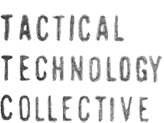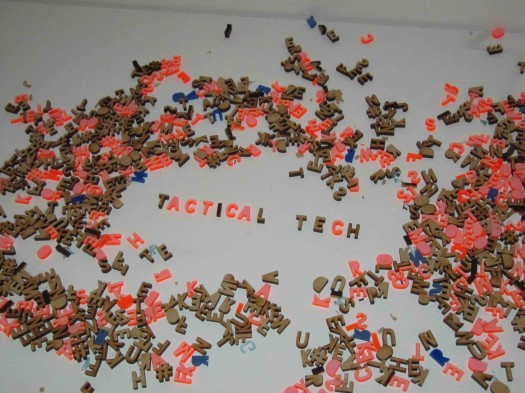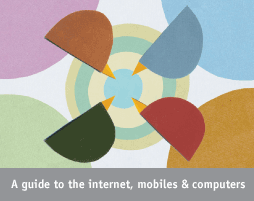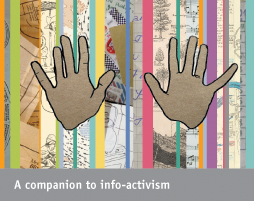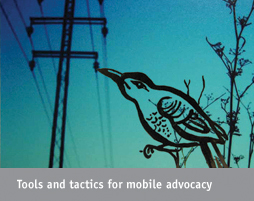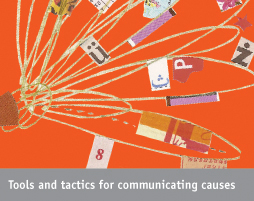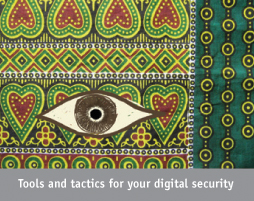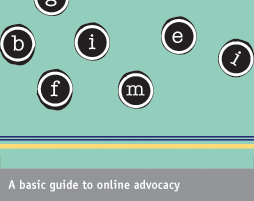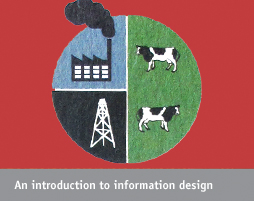THE OPEN KNOWLEDGE FESTIVAL
Tactical Tech recently attended the Open Knowledge Festival in Helsinki – a mix of lectures, workshops and hackathons around the theme of Open Knowledge in Action.
Tactical Tech staff from the Evidence and Action team gave a presentation in the Practical Tools for Visualisation session. Maya Ganesh presented the Sex Workers Voices Project and Emma Prest demonstrated some of the practical ways we are trying to demystify data visualisation.
Our Head of Technology, Kaustubh Srikanth, led participants out onto the rainy streets of Helsinki for the OpenStreetMap hackathon, teaching them how to collect data, map it and upload it. Our work on the land matrix was also presented by the Land Coalition.
Our critical take on the Open Data hype
In other sessions, 800 open knowledge enthusiasts discussed how to make open data more relevant to ordinary people's lives. While the energy and enthusiasm was laudable, we think there is a need to think critically about where data comes from and how best to use it within a specific political context. Is it enough to wrangle data without knowing what its broader uses may be?
Open data, open knowledge and open government are heady buzz words, but we were confronted with the reality of working in areas of the world where governments feel little compulsion to make the processes of governance or policy making transparent. How do you work on open data when government agencies have tight control of antiquated systems to collect information? What happens when data is absent, missing or simply not credible?
Data visualisation is not simply about throwing a dataset into a visualisation tool to produce a showy infographic. Activists and advocates are increasingly facing the challenge of having to address issues of statistical validity and reliability or methodological rigour in how they access and aggregate data. We see challenges with the use of data visualisation tools – too often they are simply attractive images which fail to engage audiences fully with the issues and data presented.
We will be covering these issues further in the final chapter of the Data and Design Guide and during our Info-Activism Camp 2013.
